|
|
Blog Article
How to Navigate Your Wildfire Insurance Claim: A Guide for Southern California Residents
Wildfires are a devastating force that can turn lives upside down in a matter of minutes. The recent wildfires in Southern California have left many homeowners and business owners grappling with significant property damage, emotional stress, and uncertainty about the future. If you’ve been affected, it’s crucial to understand your rights under your insurance policy and how to navigate the claims process effectively. Below, we’ll break down key steps and provide helpful tips to help you recover as quickly and fully as possible.
Step 1: Ensure Your Safety and Document the Damage
Before diving into the claims process, your priority should be safety. Return to your property only when it has been deemed safe by authorities. Once you’ve done so, take the following steps to prepare for your claim:
Photograph and Record All Damage: Document the damage to your property thoroughly. Take clear photos and videos of the interior and exterior of your home, showing both structural damage (e.g., burned walls, roof collapse) and personal property damage (e.g., furniture, clothing, electronics). The more evidence you have, the stronger your claim will be.
Keep Damaged Items: Do not throw away damaged items unless your insurance adjuster has inspected them or given you written approval. If you must remove items for safety reasons, photograph them first.
Start a Claim Journal: Keep a detailed log of all communications with your insurance company, contractors, and others involved in your claim. Note dates, names, and summaries of conversations. This record could be critical if disputes arise.
Step 2: Understand Your Insurance Policy
Your insurance policy is your roadmap to recovery. It’s essential to know what your policy covers and the limits of that coverage. Here are the key sections to review:
Dwelling Coverage (Coverage A): This covers the cost to repair or rebuild your home. Check if your policy includes "extended replacement cost" or "guaranteed replacement cost" coverage, which can pay for rebuilding even if costs exceed your policy limits.
Other Structures Coverage (Coverage B): This applies to structures on your property that aren’t attached to your home, such as garages, fences, or sheds.
Personal Property Coverage (Coverage C): This covers the repair or replacement of your belongings. Policies typically reimburse on either an actual cash value (ACV) or replacement cost value (RCV) basis. If your policy uses ACV, your payout may be reduced for depreciation, so consider advocating for full RCV coverage.
Additional Living Expenses (ALE) or Loss of Use Coverage: If your home is uninhabitable, this coverage pays for temporary living expenses like hotel stays, meals, and transportation. Be sure to track all receipts related to these expenses.
Debris Removal: Many policies include coverage for debris removal after a wildfire. However, there are usually limits, so confirm how much your insurer will pay for this expense.
Step 3: File Your Claim Promptly
Once you’ve reviewed your policy, file your claim as soon as possible. Insurance companies often require prompt notice of a loss, and delays can complicate your case. Here’s how to proceed:
Contact Your Insurer: Call your insurance company’s claims department to report the loss. Be prepared to provide basic details, such as the date of the fire, the extent of the damage, and whether you need immediate assistance with housing.
Request an Advance Payment: If you’re facing financial strain, you can request an advance from your insurance company to cover urgent expenses like temporary housing or basic necessities. This advance will be deducted from your final settlement.
Step 4: Work with Your Insurance Adjuster
Once your claim is submitted, your insurance company will assign an adjuster to inspect your property and evaluate the loss. Be prepared for this inspection:
Be Present During the Inspection: Walk the adjuster through your property and point out all damage. If possible, have your contractor or public adjuster present to ensure nothing is overlooked.
Don’t Accept the First Offer Without Review: Initial settlement offers are often lower than what you’re entitled to receive. Take time to review the offer and compare it to your policy’s coverage. If the offer seems inadequate, don’t hesitate to negotiate or seek professional help.
Step 5: Consider Hiring a Public Adjuster
Navigating a wildfire insurance claim can be overwhelming, especially if your insurer is delaying or underpaying your claim. A licensed public adjuster can serve as your advocate, working to ensure you receive the maximum settlement allowed under your policy. Public adjusters are experienced in analyzing policy language, documenting losses, and negotiating with insurance companies, making them an invaluable resource during this process.
Step 6: Be Aware of Common Pitfalls
To protect your rights and maximize your claim, avoid these common mistakes:
Underestimating Damage: Fires often cause hidden damage, such as smoke infiltration or compromised structural integrity. Be thorough in your assessment.
Accepting Lowball Offers: Don’t feel pressured to accept a settlement that doesn’t cover your full losses. Advocate for the coverage you’re entitled to.
Missing Deadlines: Insurance policies often have strict deadlines for submitting proof of loss, additional living expenses, or other claims-related documentation. Stay on top of these timelines.
Signing a Release Too Early: Some insurance companies may ask you to sign a release or waiver of further claims after accepting a settlement. Never sign anything without understanding the implications.
Step 7: Know Your Rights
California law provides strong consumer protections for policyholders affected by wildfires. Under the California Department of Insurance’s regulations, insurers must:
- Provide at least 24 months of additional living expense (ALE) coverage in cases of declared disasters.
- Offer a 12-month extension on ALE if rebuilding delays are beyond your control.
- Advance at least four months of ALE payments without requiring receipts upfront.
- Pay the full policy limit for contents (personal property) if your home is a total loss, without requiring you to itemize every lost possession.
If you believe your insurer is acting in bad faith, you have the right to file a complaint with the California Department of Insurance or seek legal advice.
Final Thoughts
Recovering from a wildfire is a challenging and emotional process, but you don’t have to go through it alone. By documenting your losses, understanding your policy, and standing firm in negotiations, you can secure the settlement you need to rebuild your life. If you feel overwhelmed or need expert guidance, consider consulting a public adjuster or attorney experienced in wildfire claims.
Southern California is resilient, and so are its people. With the right approach and support, you’ll be on your way to recovery. Stay safe, stay strong, and don’t hesitate to reach out for help when you need it.
Need Help with Your Wildfire Claim?
If you’re struggling with your wildfire claim or have questions about your policy, feel free to reach out to a licensed public adjuster for a free consultation. Our team is here to advocate for you and help you get the settlement you deserve. Contact us today!
1790 Hughes Landing Boulevard, Suite 400
The Woodlands, Texas 77380
All Rights Reserved | Denton Claims Consulting | Privacy Policy
Contact Us
We will get back to you as soon as possible.
Please try again later.

